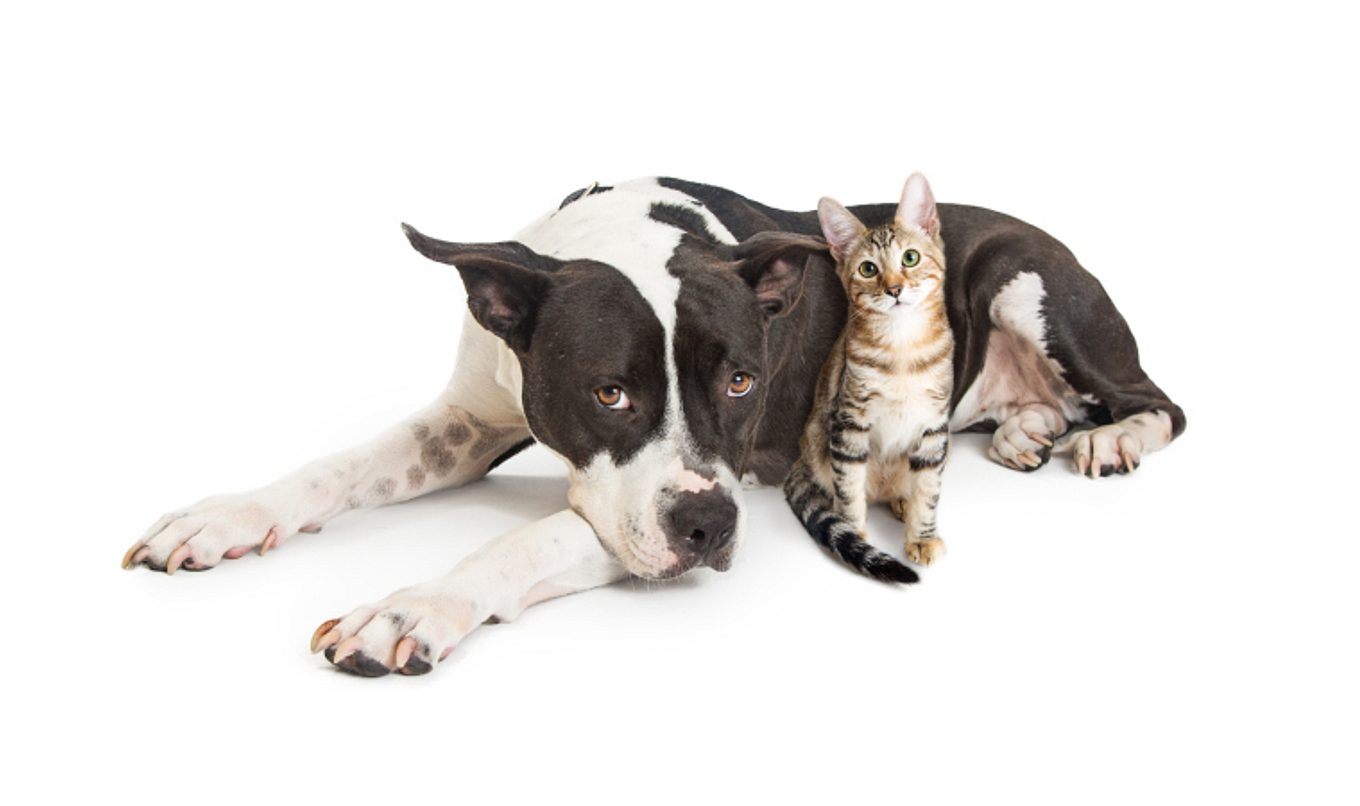SA’s biggest-ever dog and cat changes
The past year has seen the biggest-ever dog and cat management shake-up in South Australia, with the successful transition to the state’s new dog and cat laws.

The Dog and Cat Management Board 2017-18 Annual Report has been published, showing a successful transition to the new pet laws in South Australia, as well as a participation increase in pet education programs.
Dog and Cat Management Board chairperson Dr Felicity-ann Lewis said the majority of South Australians were prepared for the new laws on 1 July, with a record breaking 73 per cent of registered cats and dogs being desexed and microchipped last financial year.
“This has likely contributed to the decrease in dogs impounded by councils last financial year, as well as an increase in the number of lost dogs returned to their owners,” Dr Lewis said.
“It’s fantastic to already start to see the benefits of South Australia’s new dog and cat laws, as well as improvements to council services for dog and cat owners.”
Over the last year, dog and cat information across South Australia’s 69 councils were migrated to a central pet information database, known as Dogs and Cats Online.
Dogs and Cats Online has moved the pet registration process online, and has created a central location to record and share breeder and pet information, as well as details of dog attacks across the state.
Dr Lewis said dog attacks reported to councils fell from 2,313 in 2016-17 to 2,256 last financial year, and hospital admissions from dog bites fell from 391 in 2016-17 to 354 in 2017-18.
“This fall follows almost a decade of increasing hospitalisations resulting from dog attacks,” Dr Lewis said.
“It is too early to tell whether these welcome falls are a statistical blip, or the start of a long term decline in dog attacks. We will closely monitor the impact of the new laws.”
Also, last financial year there was a 45 per cent increase in children participating in the Dog and Cat Management Board’s Living Safely with Pets children education programs.
Dr Lewis said the free program teaches junior primary students how to live responsibly and safely with dogs and cats, and help reduce the number of animal related injuries in the community.
For a copy of the annual report visit: www.dogandcatboard.com.au/annual-report

